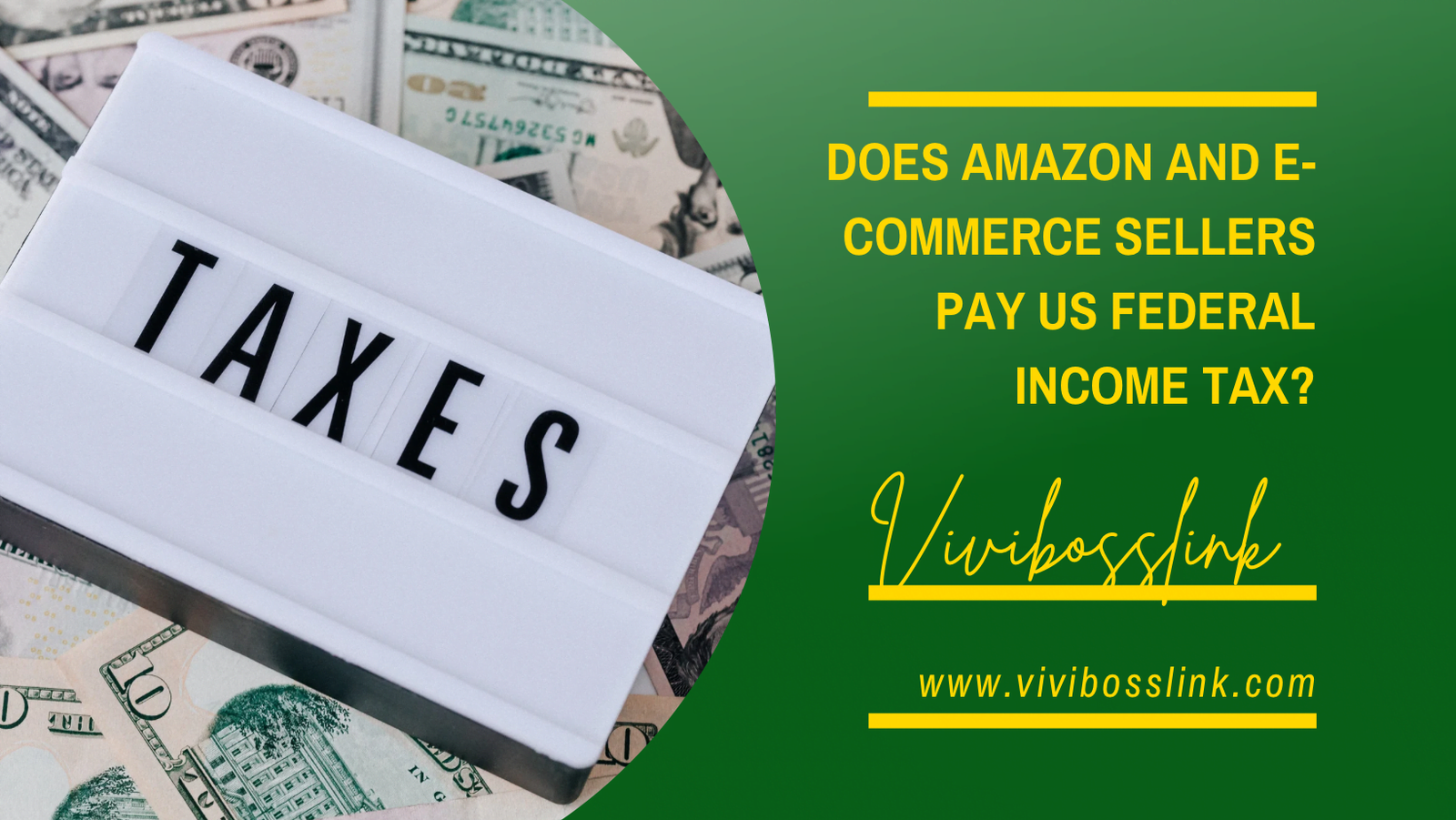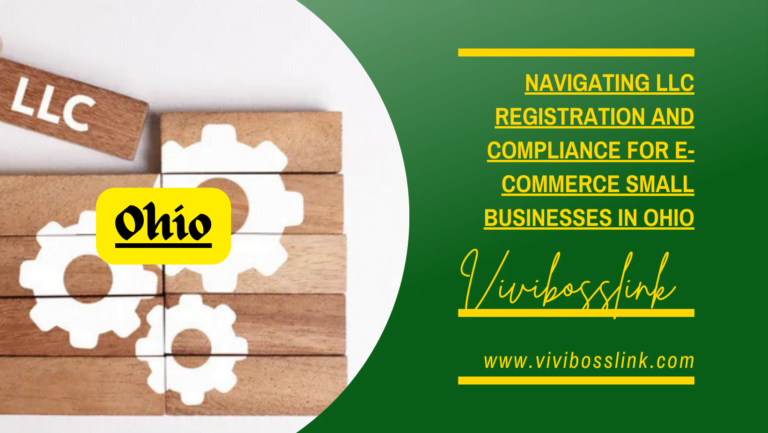
Understanding the tax obligations for Amazon and e-commerce sellers, especially those residing outside the United States but sale to customers in the US, can be quite complex.
If you’re selling products online, particularly using dropshipping or third-party fulfillment services, it’s crucial to know whether you’re liable for US federal income tax. This article explores the key factors that determine Federal income tax liability for non US resident e-commerce sellers with US based customers.
The general rule is that US federal income tax is paid on US sourced income to the Internal Revenue Service (IRS). Therefore, One key factor is determining what constitutes US sourced income and whether such income obligates non-US resident e-commerce sellers to pay US federal income tax.
What is US Sourced Income?
US federal income tax is paid on US sourced income to the Internal Revenue Service (IRS). But what exactly is US sourced income? The rule for determining US sourced income is generally based on the location where the services are performed. Thus, US sourced income is the portion of income attributable to services performed within the US.
Do Non-Resident Amazon or E-commerce Sellers have US source income?
For Amazon sellers or e-commerce sellers using the dropshipping fulfillment model who do not reside in the US but have customers in the US, the question arises: do they have US-sourced income? The simple answer is no.
In this case, the seller is essentially a marketer, promoting products from their computer in a country outside the US. Even if they have customers in the US, their product promotion service was not performed within the US, so they do not have US sourced income.
If an Amazon or e-commerce seller does not have US sourced income (i.e., they are not a US resident, use the dropshipping business model, and do not have a dependent agent or employee in the US), they are not required to pay US federal income tax.
For Non-US resident Amazon and ecommerce dropshippers who ship products to US based customers through a third-party supplier in the US, it is the supplier—a business performing its business fulfillment services within the US—that has US sourced income, not the e-commerce dropshipper. This remains true unless the supplier is a direct/dependent agent or employee of the dropshipper and is directly answerable to them.
Typically, US dropshipping suppliers are not considered direct/dependent agents or employees of the dropshipper because these suppliers operate as independent businesses, not directly answerable to the dropshipper.
The same principle applies to e-commerce businesses using the fulfillment by Amazon (FBA) model or other third-party logistics providers like ShipBob. These third-party fulfillment services are independent businesses with their own internal corporate governance and policies, and are not directly answerable to the dropshipper.
Do non U.S. resident ecommerce sellers using Private Dropshipping Agents in the US, have US-sourced income?
An e-commerce seller who uses a private dropshipping agent based in the US may also not be considered to have US-sourced income and therefore not obligated to pay US federal income tax if the agent operates as an independent contractor.
Private dropshipping agents are usually independent contractors. They operate under their own policies, are not directly answerable to the dropshipper, and may serve multiple dropshippers. This independence typically exempts them from being classified as dependent agents or employees.
Do Non-US Resident E-commerce Sellers Who Operate as a US LLC Pay US Federal Income Tax?
What if a non-US resident Amazon or e-commerce seller registers a US LLC? Would they be liable to pay US federal income tax?
Generally, an LLC by “default” is a “pass-through” entity, except where the LLC elects by filing the appropriate forms with the IRS to be treated as a C-corporation. As a pass-through entity, the obligation to pay tax is not on the LLC itself but rather passes through to the members of the LLC.
To determine whether the LLC members will be required to pay federal income tax, one must consider whether the LLC has US sourced income. This means evaluating if the LLC has workers and employees who are answerable to the LLC (not independent business partners with their own independent business structure and management) operating within the US. If the LLC has such employees, it is said to have US sourced income and will be liable to pay US federal income taxes.
However, if the LLC operates remotely from outside the US without direct employees or dependent agents in the US, even if it has US customers and delivers products through a US-based independent agent (like a Dropshipping supplier, third-party fulfillment center or Amazon FBA), the LLC does not have US sourced income and is not subject to US federal income tax.
Conclusion
In summary, non-resident Amazon and e-commerce sellers using dropshipping models typically do not have US sourced income if they perform their marketing services outside the US and rely on independent suppliers and fulfillment centers within the US.
Consequently, they are not required to pay US federal income tax. However, the specific circumstances of each business, such as the structure and operational details of a registered US LLC, can influence their tax obligations. It is always advisable for sellers to consult with a tax professional to ensure compliance with US tax laws.







